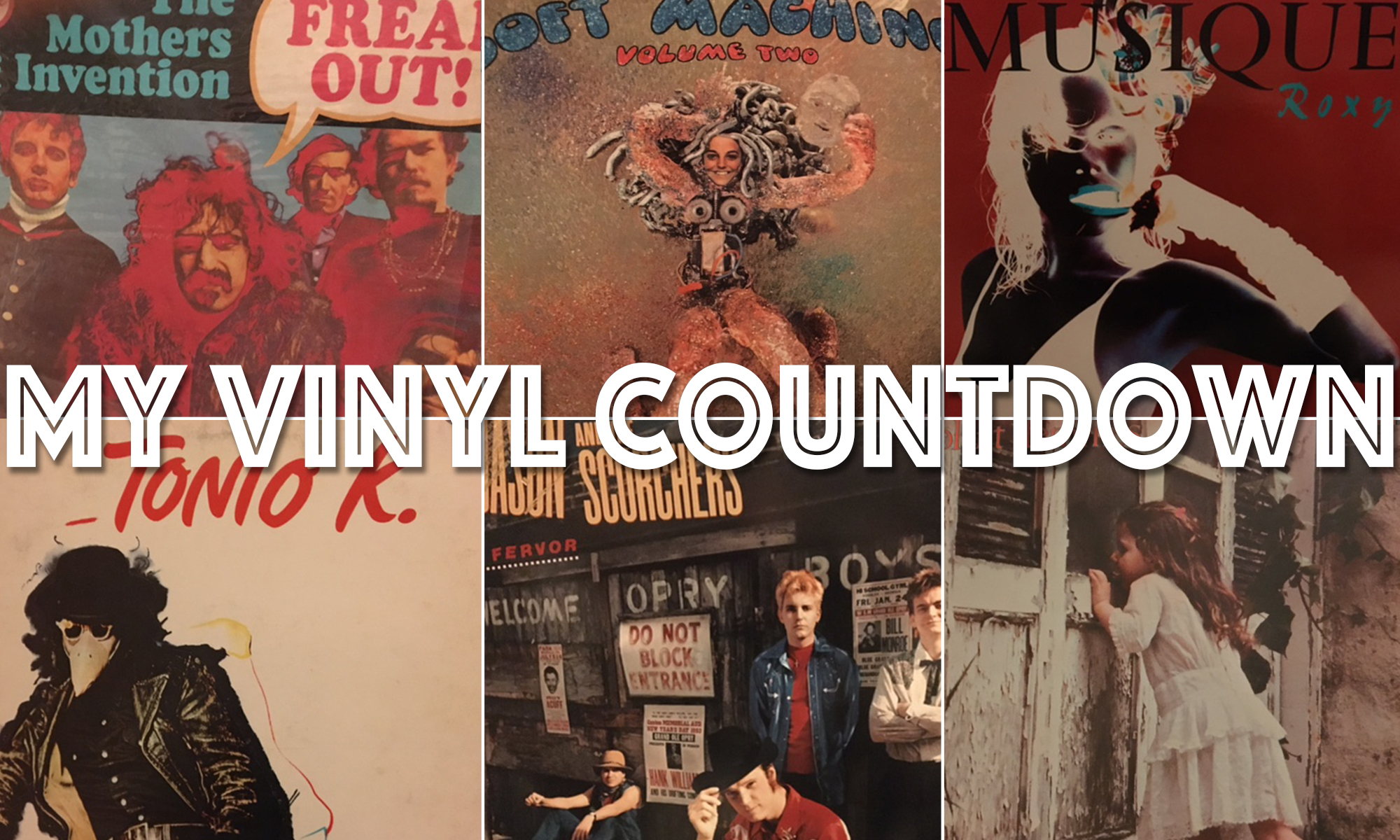NOTE: Peter Himmelman, one of my favorite singers , hails from Minnesota. He emailed this essay to fans.
I have been lying in bed this morning, watching, and re-watching an unarmed man die. Let me rephrase that: watching a man as he is brutally, sadistically murdered. Let me rephrase that once more: watching a man—a human being named, George Floyd—as he is tortured on camera.
I have been listening over and over, to the agony of George Floyd’s final moments. “Mama, Mama,” he wails. “I can’t breathe, I’m dying.” And of course, George Floyd wasn’t acting—he did die; near the front wheels of a police cruiser on a Minneapolis street. He was brought to his death by a man, and his team of pitiless henchmen, who was sworn to serve and protect him.
Now imagine, if you will, a large, strong man’s knee crushing your own neck and pushing your own face into the pavement. Imagine knowing with certainty that you will not survive this. Imagine too, that in your last moments on earth you are given the strangest, cruelest, most impossible request: the man who is crushing your neck with his knee orders you to, “get in the car.”
But of course, it’s an absurdity, you can’t get into the car. You can’t move. You can’t even breathe. The man who is killing you is asking you to do something you are utterly incapable of doing. Even as you are dying you are starkly aware that the man’s request is insane. And so, without air, without mercy, and without the remotest semblance of justice or humanity, you pass painfully into the next world.
Now, this may be even more difficult:
Imagine George Floyd as someone other than a faceless stranger. Imagine he is your brother, your best friend, your co-worker, your father, your son, your dearest, your beloved.
And if you imagine anything else today, perhaps you can also imagine—as I have—that an awakening of the most fundamental, most personal level needs desperately to take place. An awakening whereby we each make a solemn vow to eliminate the bestial tendency that lives somewhere, however minutely, in each of us. A dark tendency, which seeks to undermine our ability to see the very humanity of those who may look differently, love differently, speak differently, believe differently than ourselves.
Through our long history, a Civil War, and untold suffering, we still have not found the power to see the “other” for what he or she is: a sacred being.
Without that power—both on a personal, as well as a governmental level—we will, in some respects, still be capable of grinding our own knee into the neck of another, still, in some sense, be capable of ignoring the bitter cries for what is merciful, and what is just. Still in some microcosmic way, perhaps, be capable of even the worst inhumanities.
When will we be willing to change?
Now, imagine that.
—
FROM MIKE: Check my site for more Himmelman. Or go to his website www.peterhimmelman.com and here
